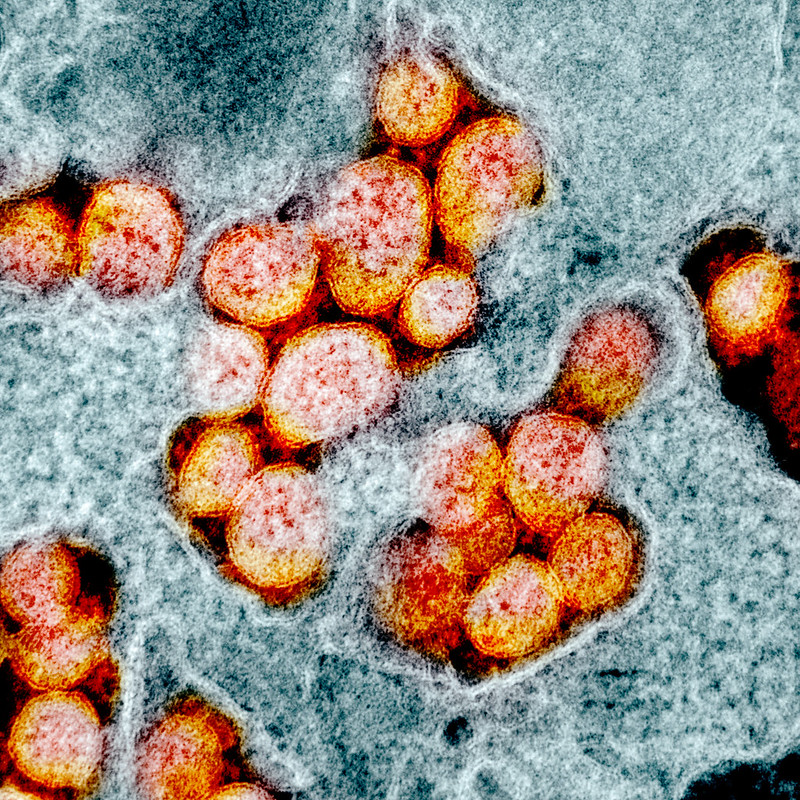Pfizer/BioNTech say COVID-19 vaccine could be approved in Europe by year-end

Pfizer and BioNTech have filed their COVID-19 vaccine with the European medicines regulator, paving the way for a potential approval before the end of the year.
The filing for a conditional marketing authorisation completed the rolling submission process that began on October 6.
The companies initially filed the nonclinical data and other technical data, followed by emerging clinical trial results.
If the EMA decided that the benefits of the vaccine candidate outweigh its risks in protecting against COVID-19, it will recommend a conditional marketing authorisation that could enable use of the vaccine in Europe by the end of 2020.
The data submitted show a vaccine efficacy rate of 95% in the companies’ phase 3 clinical study, which involved patients without previous infection with the SARS-CoV-2 infection and also people with and without previous infection.
Efficacy was consistent across age, gender, race and ethnicity demographics, with an observed efficacy in adults age 65 and over of more than 94%, the companies said.
The first primary objective analysis was based on 170 confirmed cases of COVID-19. In the trial, BNT162b2 also showed an overall favourable tolerability with no safety concerns reported to date.
Approximately 42% of global participants and 30% of US participants in the phase 3 study have racially and ethnically diverse backgrounds, and 41% of global and 45% of U.S. participants are 56-85 years of age, the companies noted.
The FDA and the UK’s Medicines and Healthcare products Regulatory Agency (MHRA) have already begun their reviews and similar rolling submissions have begun in countries including Australia, Canada and Japan.
Despite the fast review, the company insisted that the potential vaccine will be assessed according to the EMA’s normal standards for quality and safety.
The EMA has also confirmed it has received a filing from Moderna, which is producing a rival vaccine based on similar RNA technology.
If approved these vaccines will break new ground as it will be the first time RNA vaccines have been used.
They work by using a short length of genetic code that makes the body produce the “Spike” protein seen on the surface of the SARS-CoV-2 coronavirus.
This encourages the body to produce antibodies that neutralise the virus in the event of an infection.












